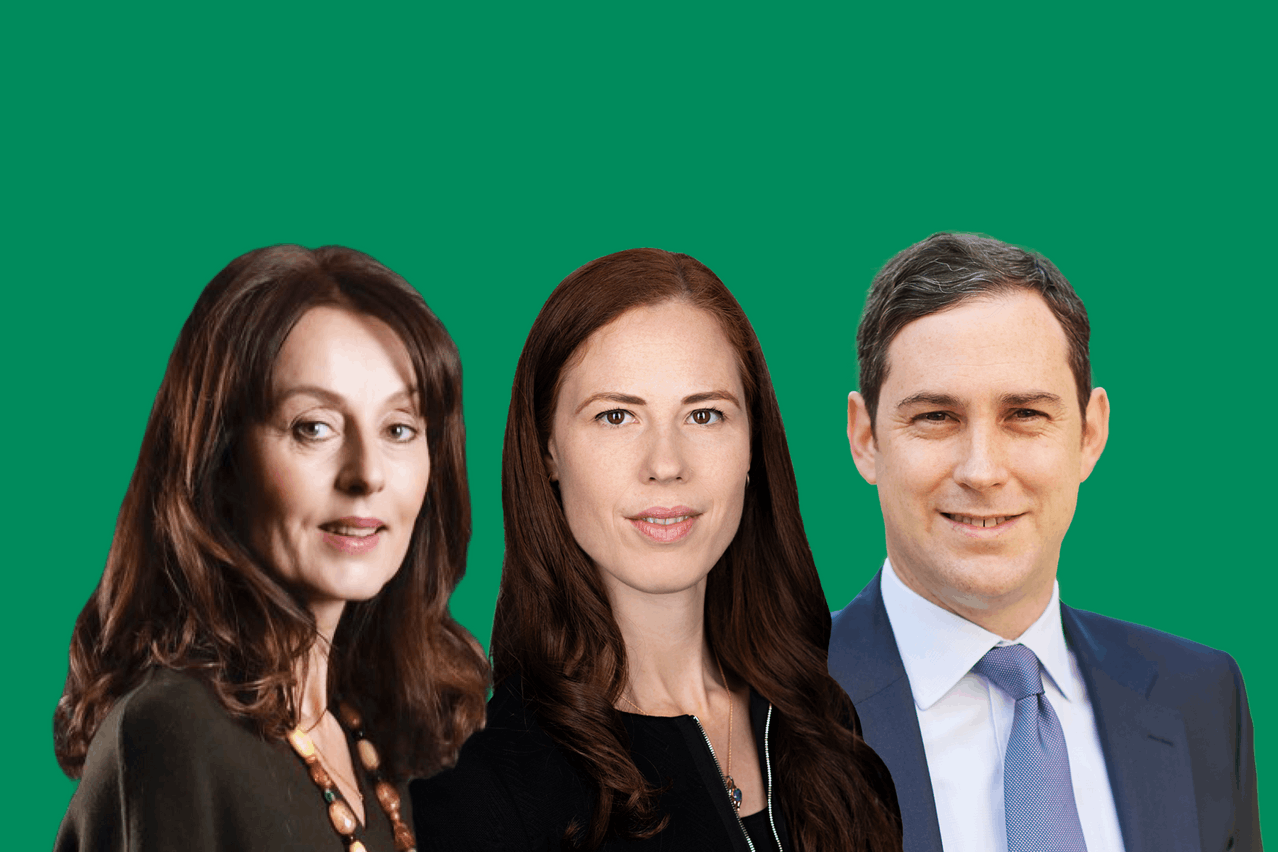“I wouldn’t even speak about climate as being a key theme. Climate is now an all-encompassing whole portfolio consideration,” said Ewa Jackson, Director of BlackRock Sustainable Investing. “It’s a matter of supplementing existing ESG strategies with net-zero objectives, such as reducing climate risk and capturing climate-related investment opportunities,” agreed Christine Chardonnens, Executive Director, Global ESG Index Product at .
Resilient portfolios
Both for portfolios and for benchmark indexes, this means reweighting or excluding companies based on their climate performance, such as their carbon intensity, climate risk or their climate-friendly technologies. “Low carbon indices have existed for a long time, but now there’s a need to create climate resilient portfolios and get increased exposure to climate solutions providers,” said Ms Chardonnens.
There are three broad approaches to sustainability and net-zero transition in the Belux market, said Marina Evtimova, Director, Portfolio Analysis & Solutions EMEA with BlackRock. “Around 10% of clients are seeing ESG and net-zero transition as an alpha play: investing into a specific, sustainable fund to capture ESG premia,” she noted. However, the most popular approach, accounting for around 70% of clients, is a move away from legacy products to ones targeted towards ESG.
“The third approach sees us spending more time with clients, who are increasingly asking more questions about ESG transition, not only at a product level, but at a strategic asset allocation level,” Ms Evtimova added. This group, which accounts for about 20% of the client base, “is willing to go even further when it comes to the adoption of sustainability and climate aware strategies. They’re looking to incorporate sustainability into their considerations when they’re building their benchmarks and making their asset allocations,” she said.
Beyond basic ESG
In short, she sees increasing numbers of clients looking for products that go beyond using basic ESG scores, but really address sustainability concerns. Ms Evtimova sees that around a third of investments by Belgian clients are going into sustainable products, and this with a more sophisticated approach. The key will be to help clients better understand metrics such as ESG scores and carbon intensity, as well as the influence of decarbonisation on risk and return considerations of the portfolio.
are also being affected. “From an index point of view, this means that the ESG methodologies have evolved to capture these new climate objectives, with higher intensity of climate considerations,” added Ms Chardonnens. “Moreover, they will continue to evolve,” she added.
Value and values
“Increasingly people are looking at the climate through a value-driven lens, as opposed to a values-driven concept,” noted Carey Evans, a Director with BlackRock’s Global Public Policy Group. He pointed to increased political focus, the acceleration of corporate net-zero commitments, and greater central bank and regulatory action helping to drive this new approach. Ms Evtimova agreed, saying the EU’s sustainable finance disclosure regulation (SFDR) has “made good governance the basis from which to consider a portfolio as being sustainable.”
“More listening and education is required,” said EJ Shin, a Portfolio Manager & Sustainable Investing Specialist at BlackRock. “As , key stakeholders need to learn about each other’s world: climate scientists, policymakers, people in finance, and the general public.”
Find more information about BlackRock .
